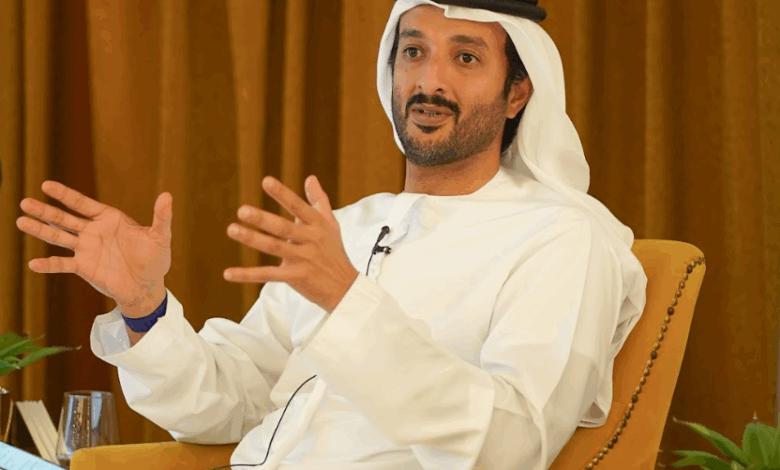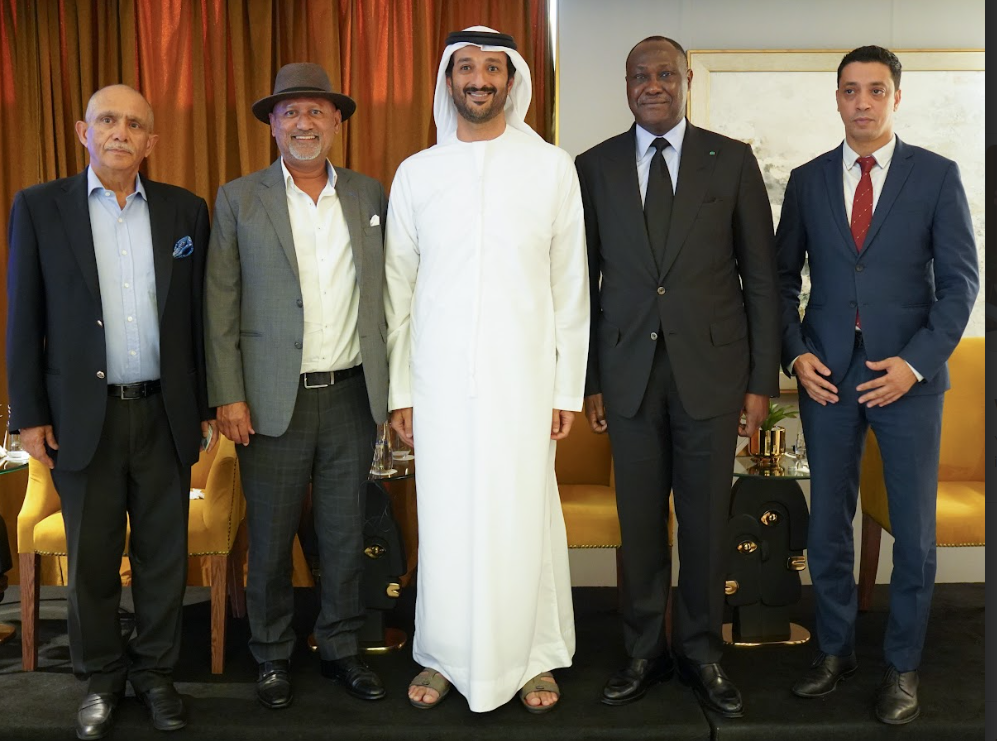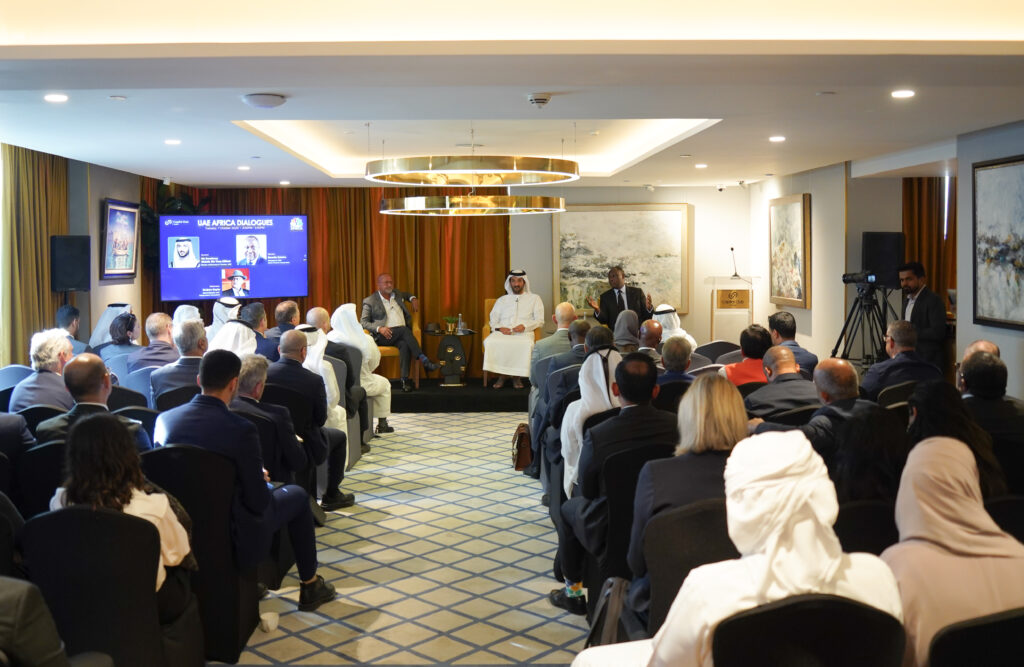
The dialogue sets the stage for closer collaboration between the UAE and African nations, spotlighting a remarkable 87% surge in trade over five years and more than US$97 billion invested or pledged recently. The UAE-Africa Gateway platform, launched in August 2024, by the UAE Ministry of Economy and Tourism, aims to open further doors for business and investment across Sub-Saharan Africa. The UAE holds a significant position as an investor in Africa, ranking fourth globally behind China and European nations.
H.E. Bin Touq elaborated on the UAE’s mindset of abundance, emphasizing that the nation’s prosperity is founded on openness, innovation, and generosity rather than natural resource wealth. “Our national philosophy is rooted in creating opportunity and shared value,” he noted. “The UAE’s engagement in Africa is not driven by short-term interest but by a belief in shared prosperity and sustainable growth. We aim to export our model of value creation and collaboration, empowering future-oriented economies across the continent.”
Africa Finance Corporation, Africa’s leading infrastructure solutions provider with forty-six member countries and a balance sheet of $16.8 billion, led by Samaila Zubairu, highlighted AFC’s transformative approach: “Our mission is to transform Africa’s potential into real progress by converting perceived risk into tangible opportunity. The UAE’s engagement demonstrates the power of trust, collaboration, and a shared vision for prosperity.”
Both leaders stressed the importance of Development Finance Institutions (DFIs) in bridging risk gaps and accelerating capital deployment. H.E. Bin Touq emphasized that DFIs play a vital role in co-investment and project validation, citing them as essential partners for private investors. “Family businesses and investors seeking opportunities in Africa should view DFIs as their partners in success. This is the moment to get on board the ‘train south.
At his opening remarks, Sanjeev Gupta stressed that sustainable partnerships require mutual understanding and respect for each other. Dialogues like these are therefore important to embed a culture that focuses on securing the spirit of solidarity and forges ahead based on common agendas.
Mr. Zubairu highlighted AFC’s practical success stories, including guarantees that have mobilized billions in co-financing and major initiatives such as the Lobito Corridor, an 830- kilometre rail project connecting Angola and Zambia, with the aim to enhance regional trade and connectivity: “We’ve committed substantial initial risk capital to bring this visionary project to fruition, forging the first direct link between the Atlantic and Indian Oceans.”

H.E. Bin Touq also noted the UAE’s commitment to multilateral diplomacy, stating, “The UAE aims to be a nexus, facilitating the flow of global resources and contributing to worldwide prosperity. Multilateralism is the mechanism through which nations can convene, collaborate, and architect the future of global trade.” He also outlined a broader vision of a South–South economic corridor linking Africa to South America, calling it “the next great opportunity for global trade realignment.” Addressing geopolitical complexities, Zubairu explained AFC’s approach: “Our guiding principle is to remain focused on our own strategic objectives. We are confident in this approach because our relevance to both sides allows us to chart an independent course.”
The dialogue concluded with a call to action for greater private sector engagement. Both leaders encouraged family offices, financial institutions, and enterprises to leverage the UAE’s gateway position to access Africa’s booming markets. Emphasis was placed on regulatory reform, digital innovation, and risk mitigation as key enablers for attracting global investment.
Mr Zubairu illustrated AFC’s “Arise Integrated Industrial Platforms initiative” – a single, streamlined hub where a business could get every permit and approval needed to operate. That idea has since scaled to fourteen countries, proving to be a powerful catalyst for investment. Its financial success validated the model, encouraging lenders to become equity investors and attracting a landmark $700 million in capital from the Gulf. “Today, these platforms are powering real progress, including Africa’s first carbon-neutral park, major textile and food production hubs, and new trade routes for African businesses.”
H.E. Bin Touq echoed this sentiment, noting the UAE’s readiness to partner with African DFIs and private investors to unlock new sectors—including renewable energy, logistics, ports, and data infrastructure. “This is a partnership of equals, rooted in shared ambition and a belief in abundance. My hope is that this conversation encourages us all to view Africa through a fresh lens, moving beyond conventional risk assessments. Instead, I urge you to explore the immense investment potential that DFI has already identified and is eager to realize. These opportunities are ripe for partnership; they are waiting for the right vision and resources to bring them to fruition,” he concluded.








